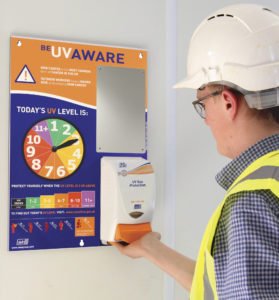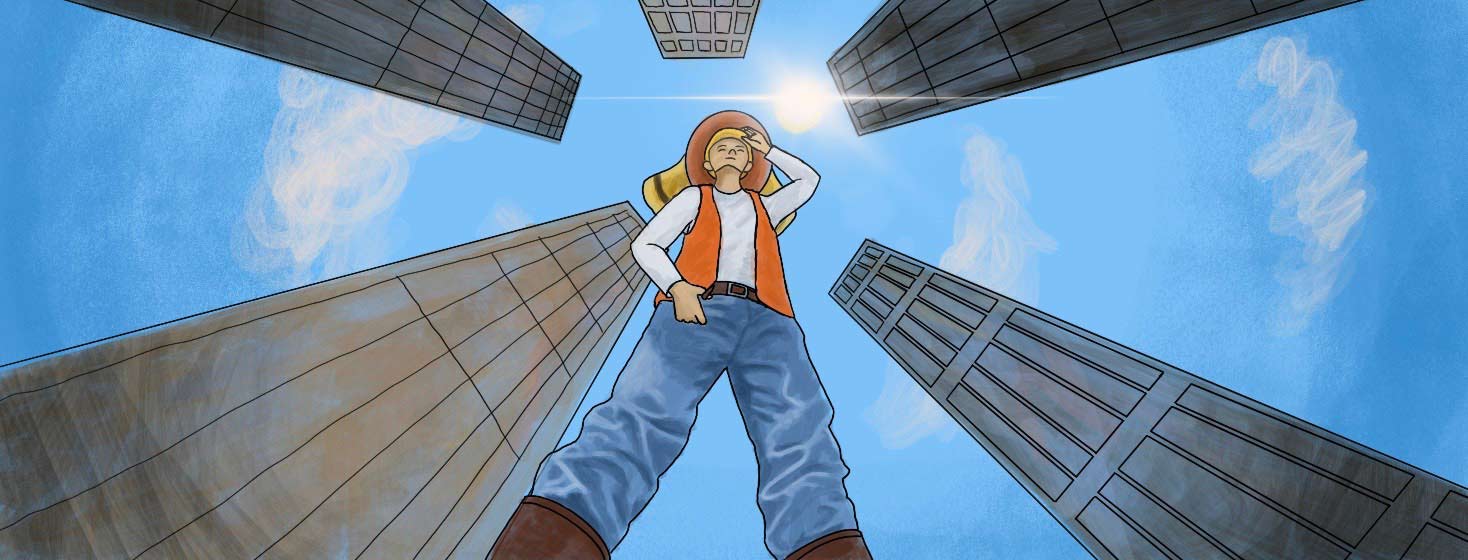ToolBox Talk Sheet
-
Toolbox Topic: Outdoor working
-
Site
-
Date
-
Given by:
Information
-
Work activities can require people to be outdoors for some or all of their day. Extremes of weather make working outside difficult and can increase the risk of accidents.
-
Importance.
Working in intense cold can slow you down physically and mentally. Reactions are slower, and decision making becomes harder. Existing risks can be made worse by hot, cold, windy, or wet conditions. Skin damage is caused by ultraviolet (UV) rays in sunlight. Several health problems are made worse in wet environments, including hand-arm vibration syndrome, rheumatoid arthritis, and asthma. -
Regulations.
The Health and Safety at Work Act requires employees to take reasonable care of themselves and others. The regulations also require a safe working environment and this includes dealing with the weather. -
Guidance.
If possible arrange a work rota system so that regular periods are spent out of the sun.
Waterproof clothing which allows adequate warm garments to be worn underneath should be worn.
Sheeting over scaffolding, tents, can help shelter workers from wind and rain.
Sunburn is painful, and easily avoided. Use sunblock and keep skin covered.
Heat exhaustion is the combination of high temperature, exertion and loss of fluid and salt through sweating. It can be dangerous if not recognised and lead to fainting, cramp and nausea. Frequent rests and plenty of cool (but not iced) drinks are necessary. -
Summary.
Extreme weather conditions increase the risk of accidents and health problems. Suitable precautions should be taken in hot, cold, wet and windy conditions.
Questions
-
Why does working outside increase the risk of accidents?
-
What precautions should you take in hot weather?
Name & Sign
- Attendance:
-
Full Name and Signature
-
Full Name and Signature
















